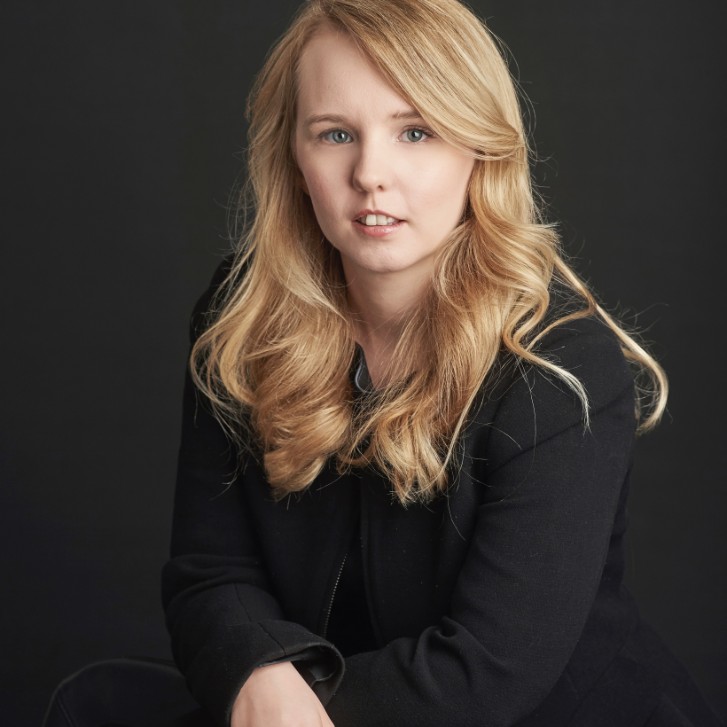Conditions of stay as a Start-up / Innovator
It is important for anyone coming to or remaining in the UK as a Start-up or Innovator to understand what conditions will be attached to their leave, as the consequences of breaching these conditions can be very serious. It is also important for anyone selecting a category of the Immigration Rules in which to apply, to understand what they can and cannot do while they are in the UK; there is no point saving up funds to make a particular application only to find that when you actually get into that category of the rules, you do not have the freedom to undertake the tasks that you originally intended to come to the UK to do.
This article will look at the freedoms and restrictions that individuals will have in the Start-up and Innovator categories.
Start-up and Innovator Visa: Length of grant
Leave in the start-up category is granted for a period of 2 years (less any time that has already been spent in the Graduate Entrepreneur category) and it is not not possible to extend your stay in this category after the two year period has concluded.
Innovators are granted leave for an initial period of three years. However, this is not a limit for the time that can be spent in the category. If an individual in the Innovator category is at a stage where they are able to meet the requirements for Indefinite Leave to Remain, they can make this application at year three. However, if they do not yet meet the requirements, but have made sufficient progress with their business, they can extend their leave as an Innovator.
In theory, if they continue to meet the extension requirements, an individual can extend indefinitely, as there is no maximum time limit in the category. In practice, there may be a limit as to how many times an endorsing body will continue to endorse an applicant who does not meet at least two of the ILR criteria.
Start-up and Innovator Visa: Employment
Both Start-ups and Innovators are subject to the following conditions:
(a) no employment as a doctor or dentist in training
(b) no employment as a professional sportsperson (including as a sports coach)
These are standard conditions that apply across almost all categories of the rules, with the exception of the categories specifically for training medical professionals and professional sportspeople.
The big difference between the Start-up and Innovator routes is that Innovators are limited to working only for their own business and are subject to a condition that they will take no other employment.
Those in the Start-up category are not restricted to working for their own business and therefore can take employment in other companies during their grant of leave. This is similar to the previous Entrepreneur and Graduate Entrepreneur categories, where Graduate Entrepreneurs were permitted to work for other businesses while Entrepreneurs were not. However, the work that is done while an individual is in the Start-up category may be relevant if they later want to switch into the Innovator category.
Similar to the Entrepreneur category, the Rules explain that for Innovators, work that looks like employment by another business will be treated as work for another business, even where it is technically self employment:
‘In (c), working for such business(es) does not include any work pursuant to a contract of service or apprenticeship, whether express or implied and whether oral or written, with another business. This means successful applicants cannot effectively fill a position or hire their labour to another business, even if the work is undertaken through contracting with the applicant’s own business or through a recruitment or employment agency.’
The Entrepreneur policy documents contained a significant amount of guidance about how an assessment would be made about whether an individual was effectively filling a position within another company, and this has been more or less replicated in the guidance to Innovators in Appendix W.
Start-up and Innovator Visa: Other conditions
An individual will also have conditions that they do not have access to public funds and if they are from a relevant country, must register with the police. Individuals are permitted to study, but may require an ATAS certificate if the are applying for a relevant subject.
Could Leave be Curtailed?
Under the immigration rules, leave can be refused or curtailed if a person has failed to comply with a condition attached to their leave. This is a discretion which must be exercised by the Home Office, so while it is not a mandatory ground on which your leave would be curtailed, anyone who does breach their conditions does risk losing their status in the UK.
Leave can also be curtailed in the event that your endorsing body withdraws its endorsement or if your endorsing body loses its status as an endorsing body.
Contact our Immigration Barristers
For further advice about making an Innovator or Start-up application, contact our immigration barristers on 0203 617 9173 or info@richmondchambers.com.








